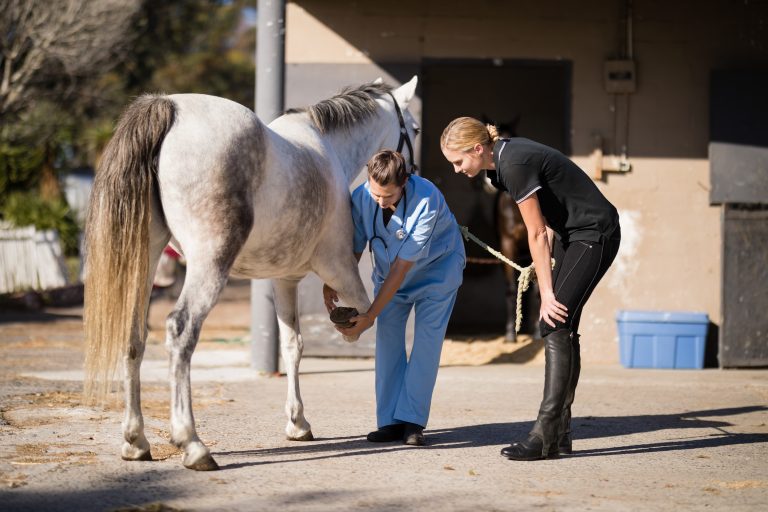
Editor’s note: CareCredit has partnered with EquiManagement to bring you summaries of equine business presentations from the 2020 AAEP Convention. We will run two original articles per month in January, February and March, then CareCredit will help us provide in-depth AAEP Convention business coverage in the Spring 2022 issue of EquiManagement magazine.
Dr. Mindy Smith, a practitioner from Colorado, had a simple message about personal finance for attendees at the 2021 AAEP Annual Convention: “Spend less than you earn and invest the difference.” There are only two ways to increase your wealth—spend less money or earn more money. One is certainly sometimes easier than the other, she said. For many people, lifestyle creep causes discretionary spending to increase when income increases, and many of those “optional” expenses come to be seen as necessities.
The speaker emphasized that everyone should have an annual budget so that they can understand where their money goes. She recommended using one of the budgeting apps that are available, such as www.ynab.com.
To budget properly, you must first identify your monthly take-home pay, then list and subtract monthly expenses to figure the “gap” or amount you can save, she advised. The largest categories of spending are generally housing, student debt, transportation and groceries. Sometimes there is nothing left to save when obligations are met, and this can be discouraging, she said. This could mean that you have a 0% savings rate, or possibly a negative percent savings rate if you are meeting spending needs with credit cards.
Dr. Smith explained that being frugal can have a big impact on the ability to save for your future. As an example, she showed three different hypothetical doctors, each earning a meager $60,000 after taxes (see Figure 1).

Savings should fund a three-month emergency fund first, she said, then investment in retirement savings, real estate, a practice purchase and/or index funds. The compounded returns of investments can increase your wealth substantially over time. If those savings were invested over 40 years in the stock market in index funds, with a fixed monthly contribution and an annual return of 8%, the gains are remarkable, she showed (see Figure 2).

Growing the gap between earning and spending is necessary for financial success. With regard to educational loans, Smith said, “Repay your loans in IBRP (Income Based Repayment Plan) for 25-30 years, unless you can’t sleep at night.”
Making the commitment to “pay yourself first” by making your savings deposit first from every paycheck will help you achieve your goals and help you avoid “running on the hamster wheel,” she stated.
Take-Home Message
In conclusion, the speaker clearly explained the steps for setting up an investment account and creating an investment strategy. This inspiring talk brought strategies and hope to attendees.
This content is subject to change without notice and offered for informational use only. You are urged to consult with your individual business, financial, legal, tax and/or other advisors with respect to any information presented. Synchrony and any of its affiliates, including CareCredit (collectively, “Synchrony”), make no representations or warranties regarding this content and accept no liability for any loss or harm arising from the use of the information provided. All statements and opinions in this article are the sole opinions of the author and roundtable participants. Your receipt of this material constitutes your acceptance of these terms and conditions.
Brought to you by CareCredit








